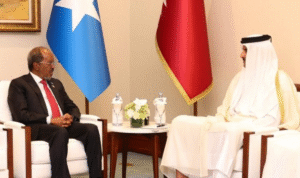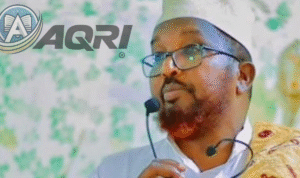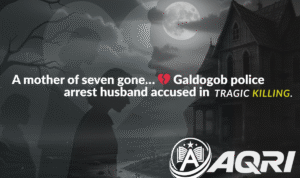As the sun sets over the arid landscapes of Somalia, the echoes of a long-standing crisis remain ever-present. The nation, located in the Horn of Africa, has been grappling with a complex tapestry of challenges, including political instability, militant insurgency, and humanitarian distress. Amidst these enduring challenges, the European Union has emerged as a pivotal player, actively engaging in efforts aimed at restoring peace and fostering stability.
AQRI.net has been on the ground, witnessing firsthand the EU’s multifaceted approach. The European Union, recognizing the intricate dynamics at play in Somalia, has embarked on a mission that combines diplomatic, security, and developmental strategies. These efforts are designed to address both the immediate needs of the Somali population and the root causes of instability that have plagued the region for decades.
Central to the EU’s mission in Somalia is the support for the country’s fledgling political structures. Somalia’s government, still finding its footing after years of conflict, has been the recipient of substantial EU aid aimed at bolstering democratic institutions and promoting good governance. With elections on the horizon, the EU’s backing is seen as crucial in ensuring a free and fair electoral process, which is a vital step towards lasting peace.
However, the security situation remains a formidable challenge. Al-Shabaab, the notorious militant group, continues to pose a significant threat, carrying out attacks that undermine the progress being made. In response, the EU has committed to strengthening the capabilities of the Somali National Army and enhancing the African Union Mission in Somalia (AMISOM). Operational training, logistical support, and military aid are part of a comprehensive strategy to counter terrorism and create a safer environment for all Somali citizens.
Adding to these efforts is the EU’s humanitarian assistance, which addresses the dire needs exacerbated by droughts and food shortages. Communities across Somalia face extreme vulnerabilities, and the EU’s provision of vital resources, from food aid to medical support, is a lifeline for many. In partnership with international organizations, the EU’s humanitarian work aims to alleviate suffering and build resilience among Somalia’s most vulnerable populations.
Yet, the path to peace in Somalia is fraught with complexities. Challenges such as clan rivalries, poverty, and the impact of climate change continue to test the resilience of peace efforts. The EU, alongside other international actors, recognizes that sustainable development, inclusive dialogue, and community engagement are essential components in paving the way forward.
Somalia stands at a crossroads, and the role of the European Union is an example of international collaboration seeking to make a difference in one of the world’s most troubled regions. The hope is that, with sustained commitment and a multifaceted approach, peace can be achieved, allowing the Somali people to envision a future free from violence and instability. As the EU and its partners continue their work, the world watches, hopeful that their efforts will ultimately lead to the restoration of peace and security in Somalia.







Comment